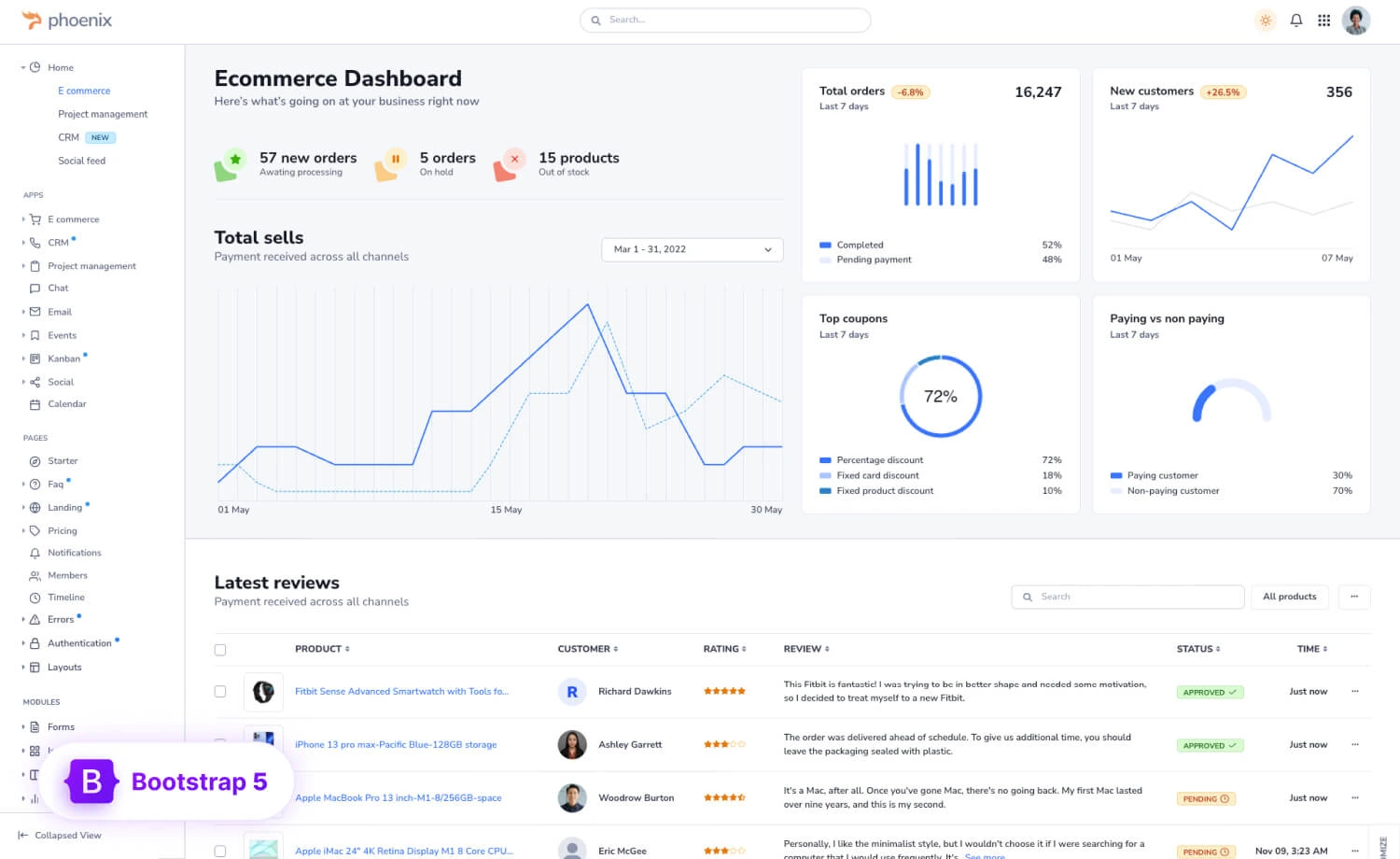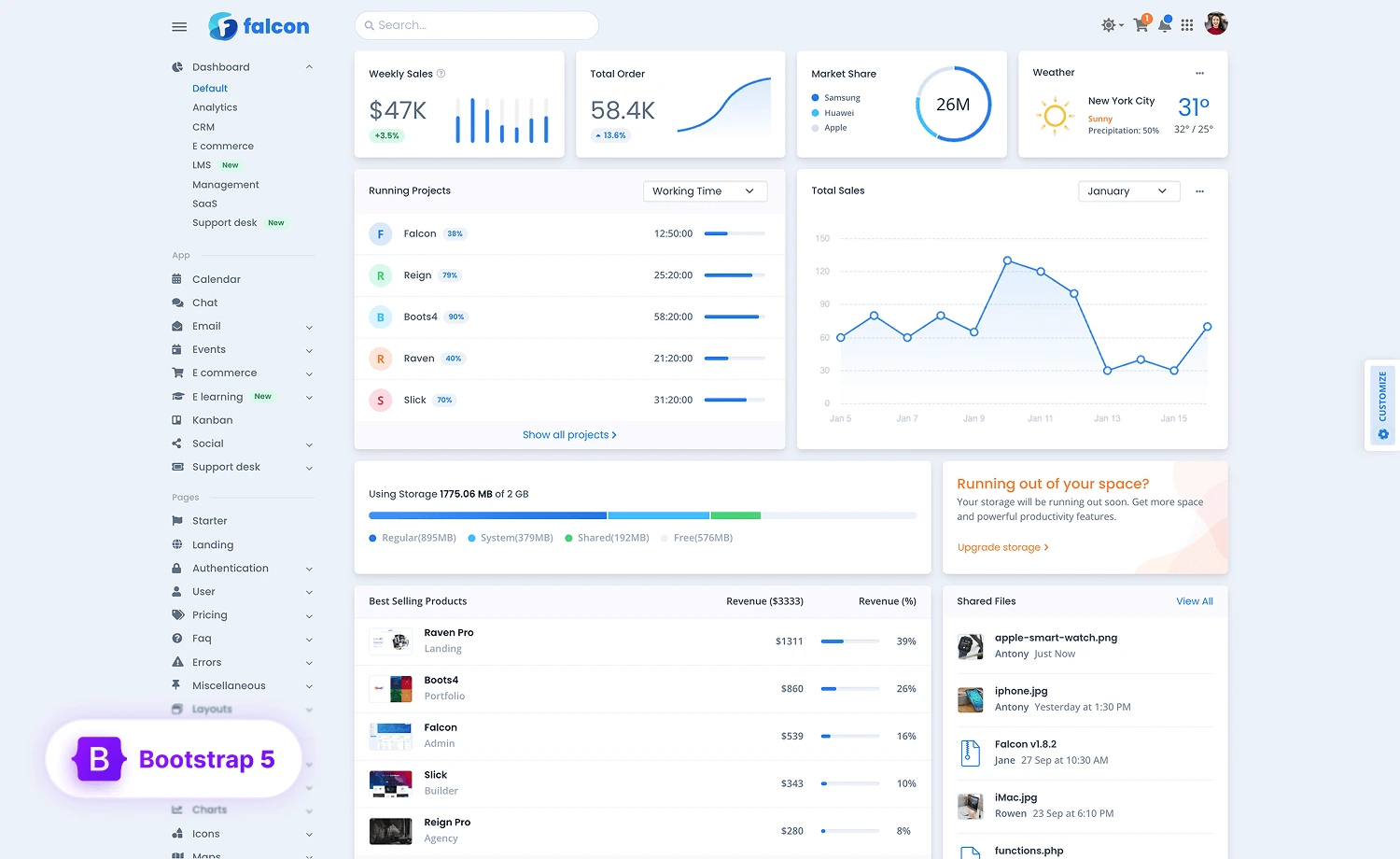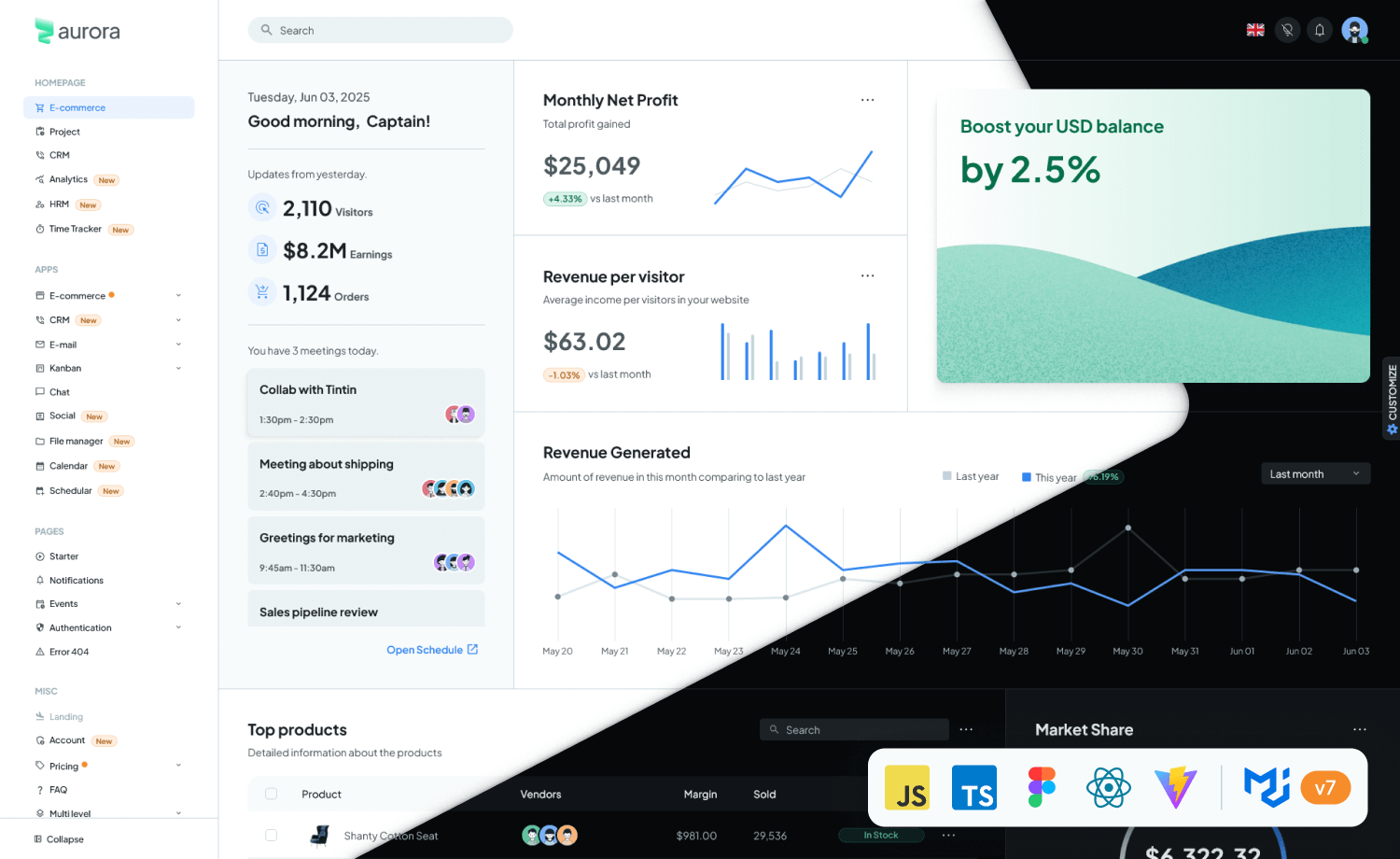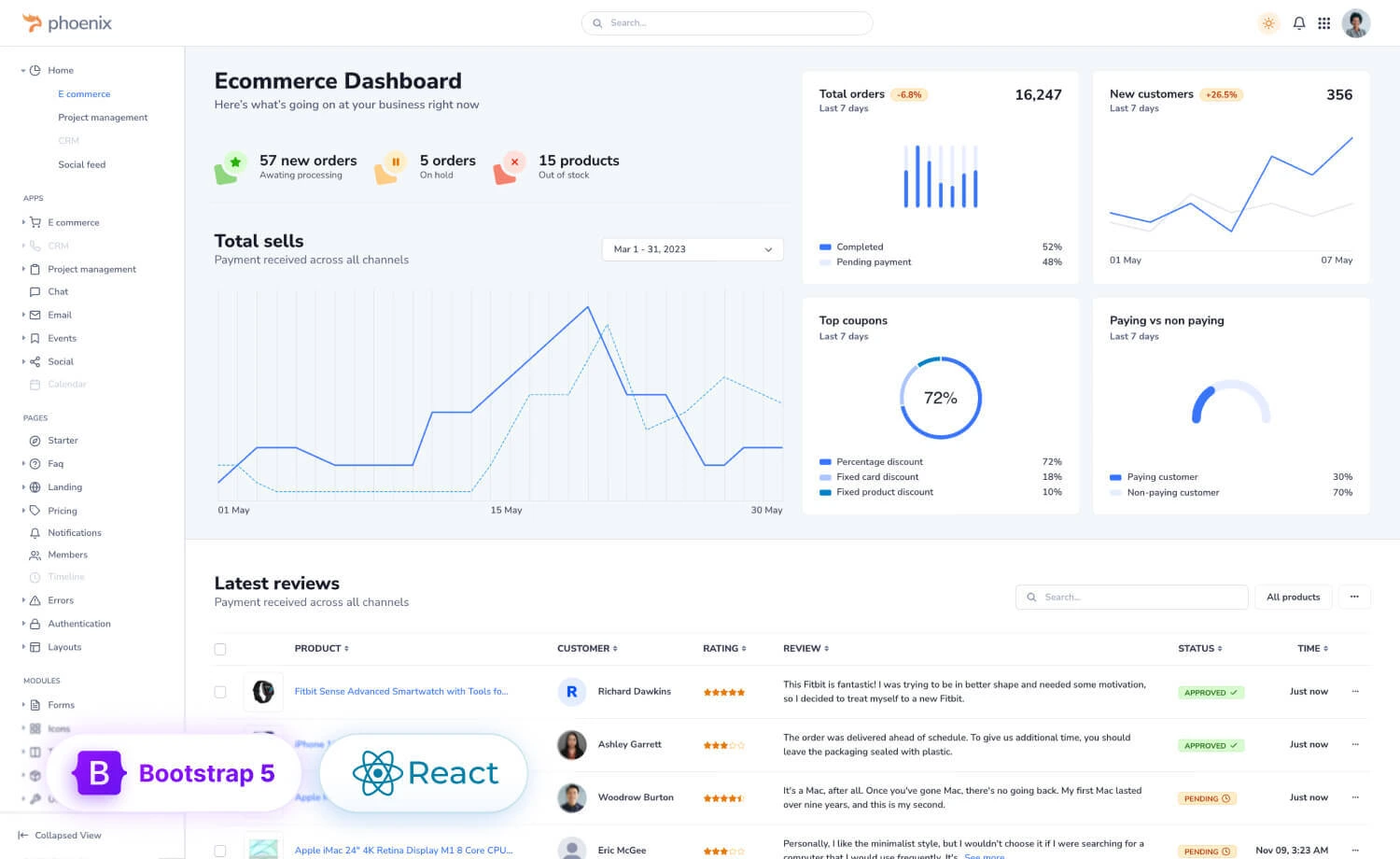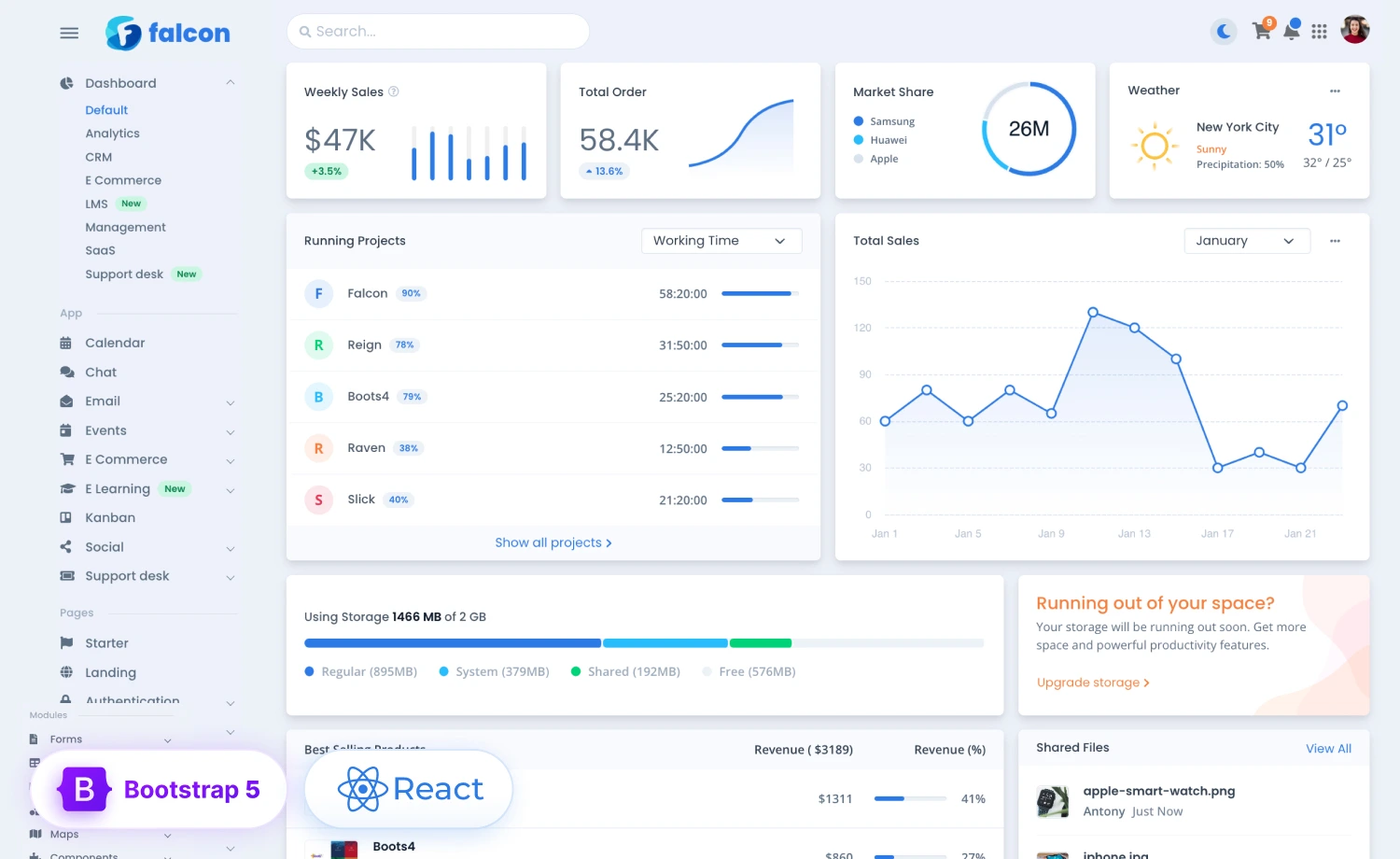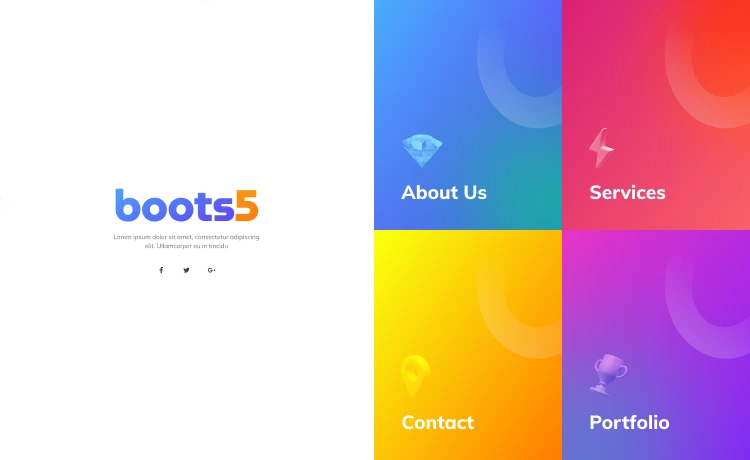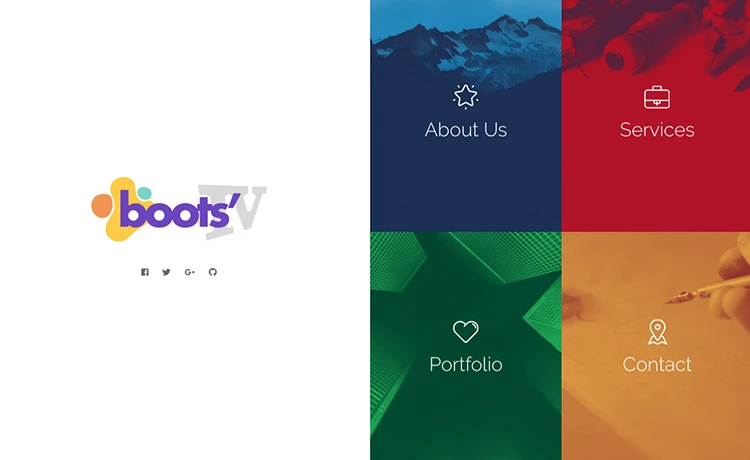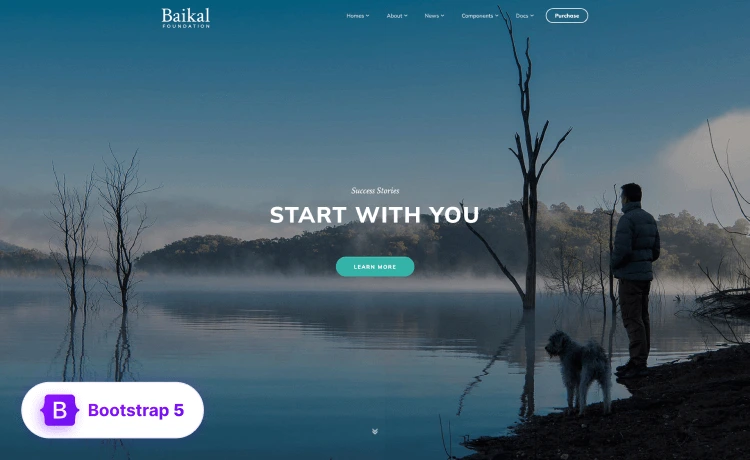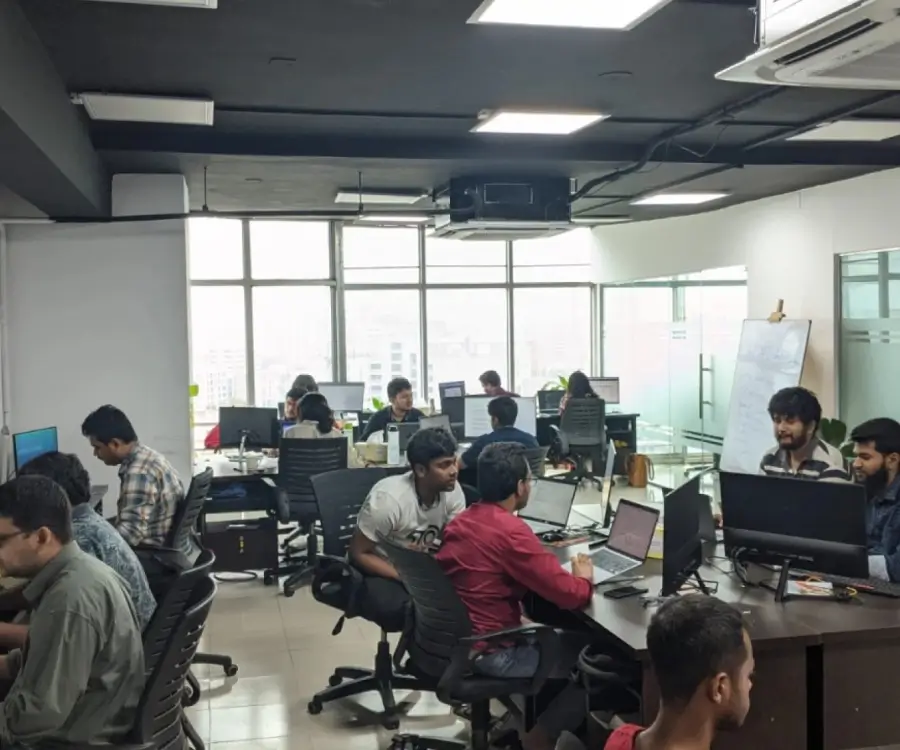You need to make your online security and safety important. In today’s world, there are hackers, cybercriminals, and third parties that are constantly trying to access your sensitive data. If you don’t take steps to protect yourself online, you could be at risk of cyber-attacks which can range from phishing scams that clean out bank accounts to malware attacks that can close entire networks. The public is slowly growing aware of this risk, as a Statista survey found that one in three thought their online account (banking, social media, email) would be hacked last year. This is in addition to data breaches and cybercrime, a huge industry now.
This is in addition to the news that only 5% of companies adequately protect their files, on average.
Here are some key focus points to consider to secure yourself online:
Updated Software
As well as malware being incredibly prevalent, the world is seeing more and more ransomware attacks happen. One of the critical leaks that allow ransomware to be effective is out-of-date software, whether it is the operating system you use or apps you need daily. If they aren’t adequately supported by the developer, you should look to change. If you haven’t updated your software, you should look to do so as soon as possible. Ways you can do this are through setting up scheduled automatic updates so they happen as soon as a new version is released, having your web apps and plugins updated regularly, and having your web browser settings altered so they have automatic updates for all cybersecurity purposes.
Use Safety Tools
Having an antivirus could be the key difference between you and a cyber attack ruining your livelihood. The software works as a block against malware, ransomware, viruses, and more from entering your computer and embedding itself amongst your programs and applications. You should bear in mind to make sure the antivirus you use is trusted and verified. Having a VPN protects your online data and activity from being tracked, allowing you to surf the web knowing cybercriminals and third parties aren’t collecting your data to use in a nefarious way. Along with a VPN, having residential proxies is huge as it delegates a private, specific IP to multiple devices to one location. This adds a lot of safety and, in addition to VPN, proxies protect your location.
A firewall can be the other component to fully protect yourself when you go online. This tool adds a layer of protection against malicious attacks that aim to steal your sensitive information and data. It works as a protective layer, scanning out potential hackers and viruses and deciding on which traffic it allows in and out. Typically, an operating system like Windows and Mac OS comes with a built-in firewall. You can however upgrade this with a hardware tool that is a boosted firewall.
Bulk Your Passwords
Due to the world of e-commerce, people use the same password for multiple accounts, or store a small collection of simple combinations for multiple accounts. The reality is that without complex passwords, you make the life of a hacker so much easier. If you don’t have a mixture of symbols, numbers, cases, and letters, you are not being strong enough with your password game. A useful tip is to include a comma in your passwords, as this renders a CSV useless when a hacker exports passwords after a data breach.
Good tips are to have at least 14 characters for your passwords, never repeat the same password for an account, try to include a healthy balance of the aforementioned symbols, numbers, letters, and cases, and never use something that could be guessed (no public information) in your password. Resetting it every few months and using a password manager tool will make your login details impenetrable for hackers, cybercriminals, and pesky
individuals trying to get into your account.
Get Clued Up On Phishing
Phishing scams are becoming more intricate and complicated than ever. A phishing scam is when someone pretends to be someone else through email or messaging and tricks the other end to give them sensitive information that can lead to prohibited access. These usually include a dangerous link that leads to malware or a trojan virus. To avoid this grisly fate, make sure you always scan new files and attachments that land in your inbox, be suspicious of random emails that do not make a lot of sense, know which links to click and which to avoid, and finally, do not open emails from random senders. The likely hood they are phishing is very high, and if they want to get a hold of you they can do so through other means.
These bases should help you get started on being clued up and prepared when it comes to securing yourself out in the big world of the internet.
